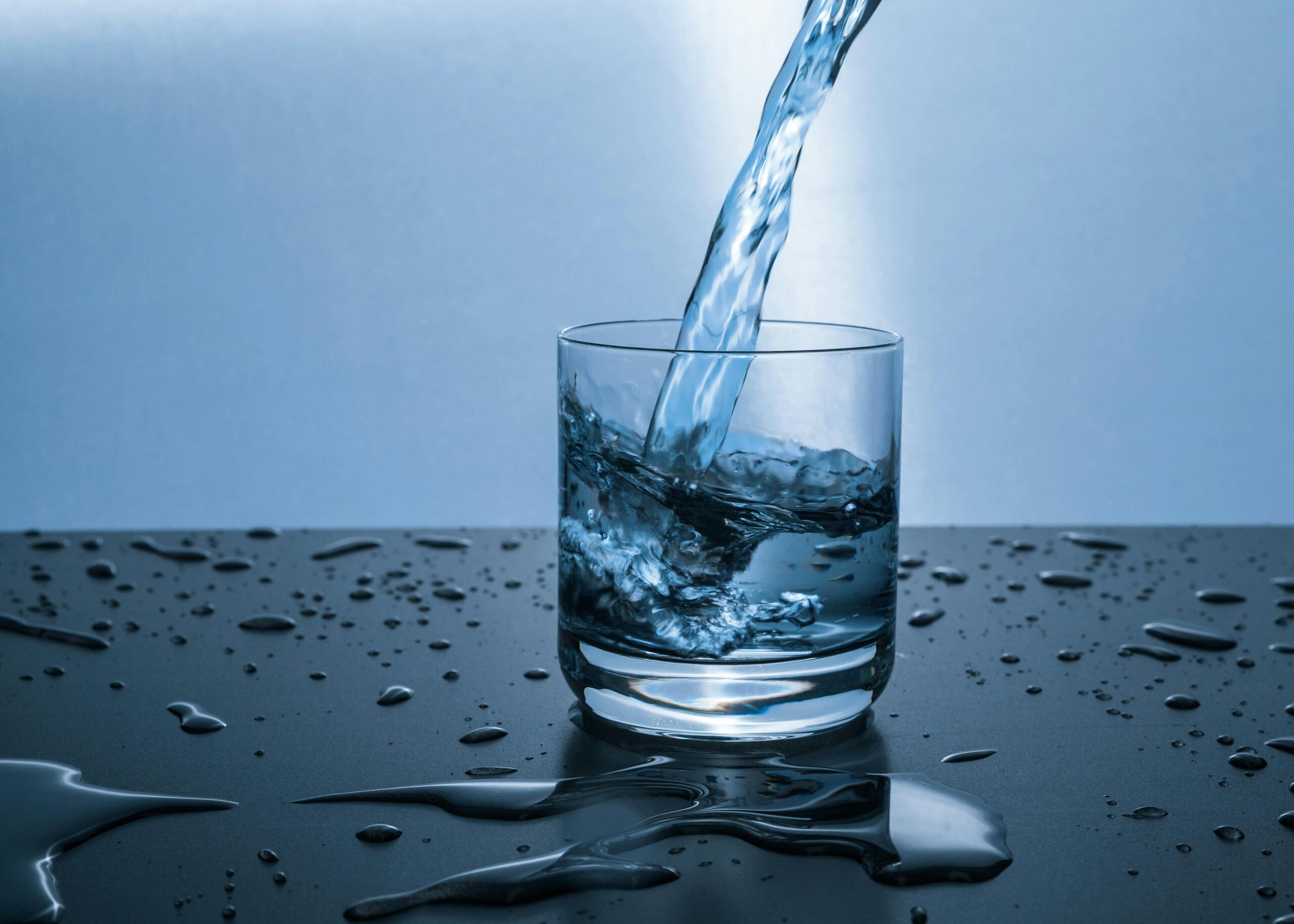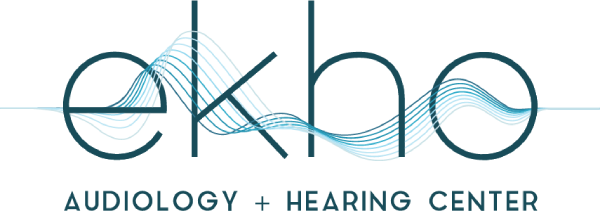
Maintaining good hearing health is essential for one’s overall well-being. One often overlooked aspect of ear care is the role of proper hydration. Water is critical in ensuring that the body functions smoothly, including the auditory system.
Hydration and the Auditory System
Water is essential for maintaining the body’s proper function, including the auditory system. The inner ear, in particular, relies on a delicate balance of fluids to perform its job. The inner ear can effectively process sound vibrations when hydration levels are optimal. However, this fluid balance can be disrupted when the body is dehydrated, leading to potential hearing problems.
The inner ear contains two main types of fluid: endolymph and perilymph. These fluids are essential for converting sound vibrations into electrical signals the brain can understand. Maintaining the right volume and pressure of these fluids is essential. However, dehydration can reduce the volume of these fluids, leading to difficulties in hearing or even temporary hearing loss.
Proper hydration ensures efficient blood circulation throughout the body. The inner ear depends on a rich supply of oxygenated blood to function properly. When the body is well-hydrated, the blood can flow more easily, delivering essential nutrients and oxygen to the ear. On the other hand, dehydration can lead to poor circulation, which may impede the ear’s ability to process sound effectively.
Recognizing Dehydration Symptoms
Dehydration can manifest in various ways. Recognizing the signs early on can help maintain good hearing health. Common symptoms of dehydration include dry mouth, fatigue, dizziness, and dark-colored urine. More severe symptoms can include confusion and fainting. Paying attention to these signs and drinking enough water can prevent potential hearing issues.
Tips for Staying Hydrated
Staying hydrated is simple but requires consistent effort. Here are some practical tips:
- Drink Plenty of Water: Aim for at least eight glasses of water a day. Adjust the amount based on activity level, climate, and personal health.
- Eat Water-Rich Foods: Incorporate fruits and vegetables with high water content into the diet. Examples include cucumbers, watermelons, and oranges.
- Monitor Caffeine and Alcohol Intake: Both caffeine and alcohol can lead to dehydration. Balance their consumption with additional water intake.
- Use Reminders: Set reminders on a phone or use a hydration app to keep track of water intake.
- Listen to the Body: Your thirst is a clear signal that your body needs water. Respond promptly to these signals.
Hydration and Overall Health
In conclusion, proper hydration is vital for maintaining healthy hearing. Understanding the connection between water intake and ear function can help adopt better hydration habits. Remembering to drink enough water and paying attention to the body’s signals can ensure that the ears remain in good working condition, contributing to overall health and quality of life.
